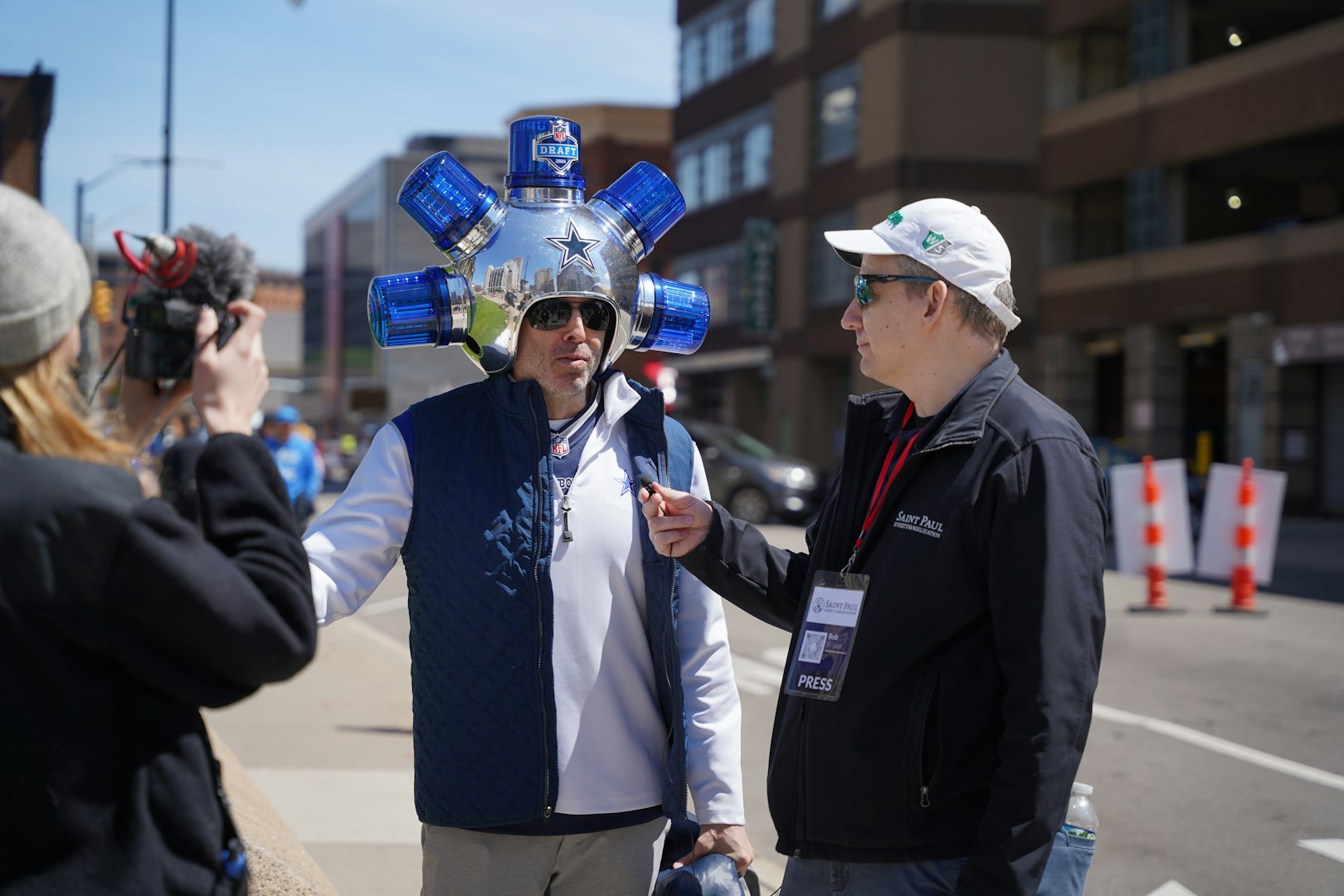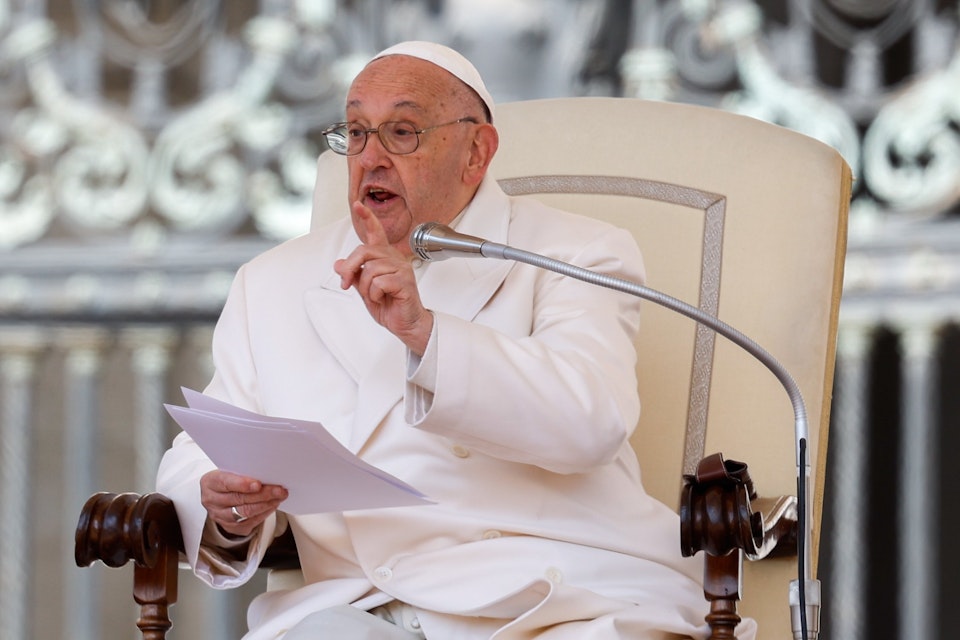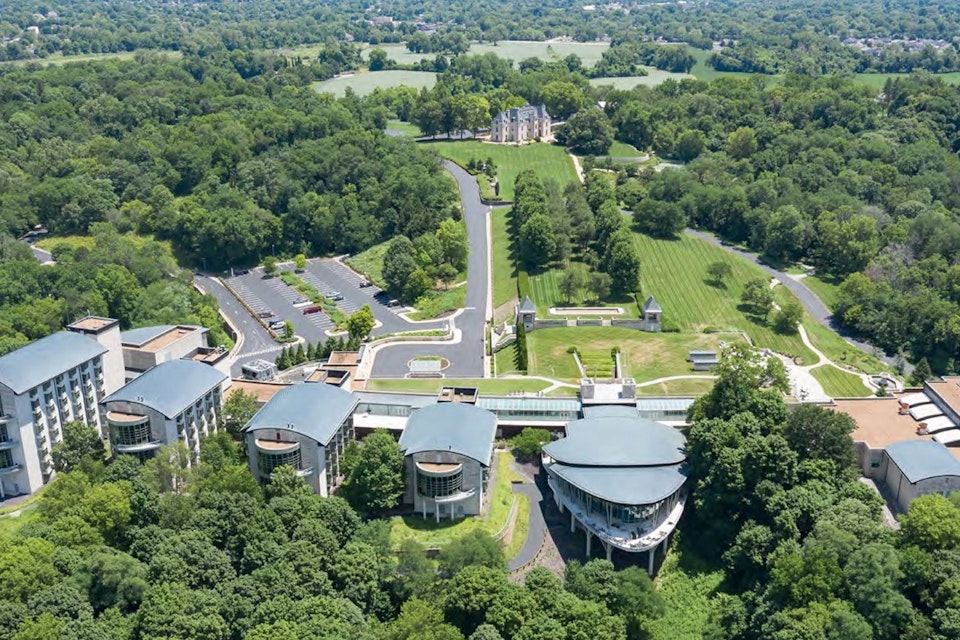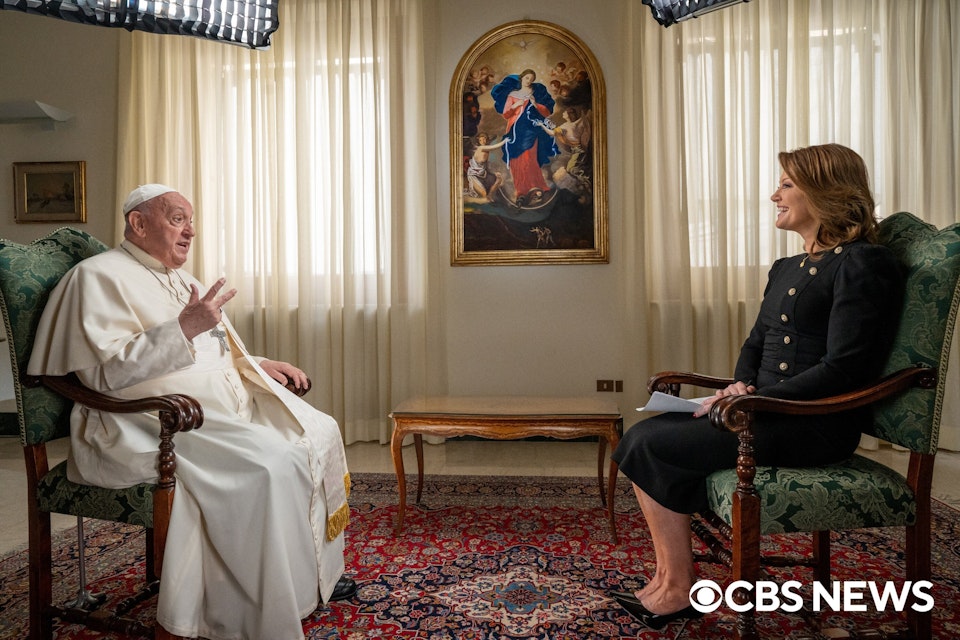Notre Dame’s Alliance for Catholic Education provides community, chance to break out of comfort zone for four young teachers on a mission
During September and October, Detroit Catholic is asking readers to prayerfully consider a gift to the Catholic Services Appeal, which funds more than 170 ministries vital to the Church in southeast Michigan, including this publication. Visit www.givecsa.org to support the mission by making a gift today. We are grateful for your generosity and prayers.
DETROIT — Four young teachers have taken a brave first step in their careers, living in an unfamiliar city, teaching in schools that serve students on the margins.
The four teachers are part of the University of Notre Dame’s Alliance for Catholic Education (ACE) Teaching Fellows program, which recruits, trains and places recent college students in dioceses across the country to live in communion with one another and teach at Catholic schools with limited resources.
The four students, all recent college grads, live in the former rectory of St. Josephat Church in Detroit, exploring the Motor City and beginning their careers while pursuing their master’s degrees in education from Notre Dame.
For Nicholas Hughes, a recent graduate of St. Thomas College in St. Paul, Minn., the opportunity to teach in a new city and live in communion with other young teachers was appealing. Hughes now teaches at St. Clare of Montefalco School in Grosse Pointe Park.

“I think it’s really exciting, us being all recent college graduates and living together,” Hughes told Detroit Catholic. “You spend so much time in high school and college constantly thinking about what’s next, the next application, the next internship, the next job. Now with this program, I can dedicate myself to living in the moment, being here to serve others.”
Hughes and the other fellows, Lindsay Baca, Sean James and Kristin Cullinan, take master’s-level courses in the summer and complete assignments while teaching. The ACE program is a two-year teaching fellows program developed by Notre Dame to strengthen Catholic schools and provide a cost-free option for teachers to earn their degrees.
“Our program focuses on three pillars: teacher formation, community and spiritual formation,” said Itzxul Moreno, pastoral supervisor for the ACE Teaching Fellows program at Notre Dame. “The program has its roots in the history of Catholic schools, going out to serve those on the margins. Catholic schools were supported by the nuns to educate the poor, the immigrants. We feel a deep commitment to further that mission.”

The ACE program evaluates each applicant, many of whom didn’t major in education in undergraduate studies but feel drawn to the program, on specific qualities that would make the applicant effective in an underserved community.
Now in its 28th cohort, the ACE program has been a stimulant for Catholic schools across the country, Moreno said.
“We focus on schools who really need it, making sure this is a mutually beneficial partnership,” Moreno said. “The schools we partner with are very mission-oriented; often we’re not going to the most prestigious or well-resourced schools. Our focus is on under-resourced Catholic schools, where most the school population qualifies for free or reduced lunch, serving ethnic minority populations.”
Baca, a Notre Dame alum and psychology major, was drawn to the program because she wanted to pursue teaching after graduation, but also sought a program that had a spiritual and communal aspect to it.
“The ACE programs is unlike a lot of other programs; it keeps you well-supported during your teaching experiences,” said Baca, who is serving at Holy Redeemer School in southwest Detroit. “When I was an undergrad at Notre Dame, Notre Dame had a communal, family feeling about it, and I didn’t want to give that up.

“With this program, I love living with people I can come home to and relate to my experiences,” Baca said. “It’s nice to explore a new city together, making our own mark, figuring out our favorite places.”
In 2020, the ACE program has undergone some alterations. The ACE fellows took a good portion of their summer graduate courses online instead of in person, only meeting one another when it was time to move to Detroit. The four had to adapt to being first-year teachers in an unfamiliar city during a pandemic.
“I love my school. Everyone is so welcoming and understanding of me being a first-year teacher,” Baca said. “Our students thrive in a community where you are able to be around each other and be close-knit, so they don’t want to physically distance. It’s a struggle we’re facing together.”
ACE teachers have the option of staying with their assigned schools after the two-year program or moving on to a different school or a different career path. The program offers young teachers a chance to make an impact in communities where they might not otherwise go.
Besides Baca and Hughes, James is teaching at Gesu School in northwest Detroit, and Cullinan at Most Holy Trinity School in Corktown.

“We joined this program to work with kids, and those are the most rewarding moments for me,” Hughes said. “The energy and joy of speaking with my class is amazing. When you feel busy, stressed out, a good way to calm everything down is just say a prayer and remind yourself what you’re doing is important.”
Beyond the experience for the teachers, ACE is a boost to local Catholic schools, which save money in recruiting a teacher. Furthermore, Notre Dame covers the health insurance of its graduate students and various taxes, so the school pays the students a living stipend on top of the tuition costs of their graduate studies.
“ACE can be highly beneficial to a school, in that we are doing all the work in recruiting highly qualified candidates from the best colleges in the country,” Moreno said. “We find the right ACE teacher for that school, understanding the school’s needs and our candidates.”
After the two-year program, students will be automatically licensed to teach in Indiana, having earned a master’s in education from Notre Dame. The path of ACE teachers after the program varies, but 30 to 40 percent stay with their assigned school for at least one more year after the program, and some ACE fellows have stayed for more than 10 years at their schools.

Living in an urban setting on a reduced salary, ACE teachers have the opportunity to be in solidarity with families at the schools who are in similar situations. The experience is meant to put teachers into simple living conditions, relying on the support of their fellow teachers and faith in God.
“Spiritually, our school community fosters strong relationships with God,” Baca said. “The connection my students have with God is stronger than with other kids their age; they recognize God in anything around them. Seeing kids do that, readily and whole-heartedly, has been very transformational for my spiritual experiences. I feel it’s a more communal experience, rather than my own connection to God.”
Baca and her ACE fellows say their experience in Detroit has opened their eyes to the needs of students and what it means to teach in a school that puts God first — it’s an experience they recommend to other aspiring teachers.
“You have teaching, education, justice and building a closer relationship with God all in one space,” Baca said. “Anyone interested in those things needs to look into this opportunity.”
ACE Teaching Fellows
To learn more about the Alliance for Catholic Education’s Teaching Fellowship program at the University of Notre Dame, visit https://ace.nd.edu/teach/.










